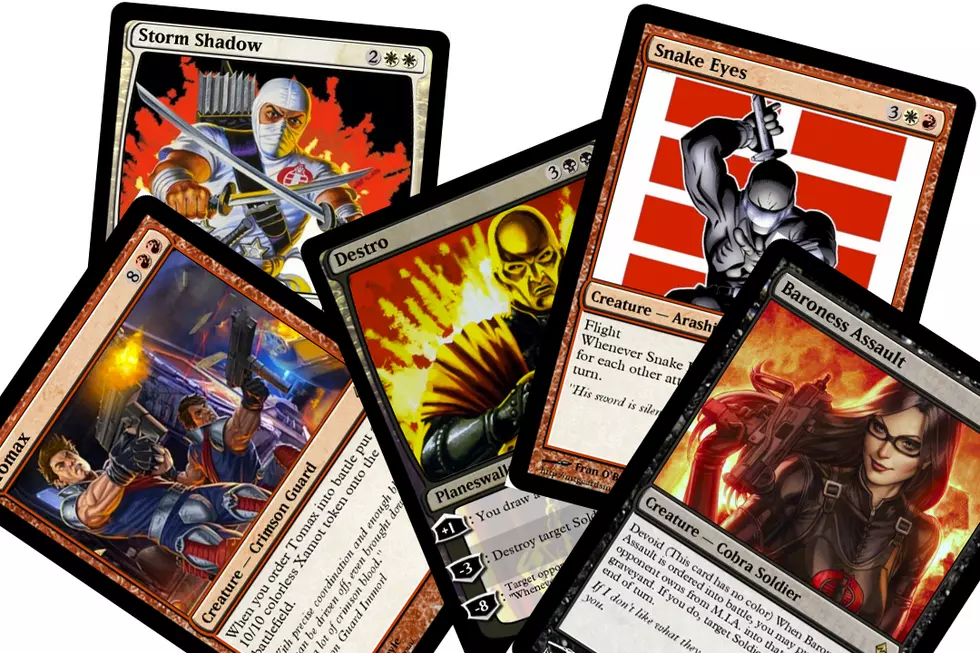
Internet Fan Fights: When Schadenfreude Goes Digital

There are a lot of advantages to the age of the internet; the ability to easily find people with common interests half a world away, massive amounts of information available around the clock, and an endless supply of funny cat pictures. It's also been a boon to comic book fans. Character histories are laid out in detail on any number of different pages, there are online venues eager to sort out the various numbering reshuffles, and it's possible to buy just about any issue of any comic just by typing its name and number into Google and following it to an eBay link.
One of the purest, and meanest, joys of the internet is the ability to watch a multiple car crash of an internet argument pile up, comment by comment. Watching a fan fight may not be a new way of experiencing schadenfreude, but it's one that has massively improved since the invention of the internet. Let's take a look at how the internet turned arguments from random occurrence to spectator sport.The beauty and horror of the internet is its relative anonymity. The fact that people say things online that they would never dare saying in person is -- well -- both true and what anyone on the receiving end of an internet smack-down says. It's also beside the point. People routinely adjust their speech in order to minimize consequences. No one talks to their boss the way they talk to their friends. That's hardly new.
What the internet gives us is the near-unprecedented ability to witness a hissing, spitting, hair-puller of a fight without ever having to get personally involved. A bickering married couple at the next table over is a good way to spend time while waiting for friends at a coffee shop, until they start asking you to take sides, or giving you the stink eye.
But not only is an internet fight safe to watch, it's also safe to come back to again and againr, and this is the second great and terrible part of the internet. Most of us have to subsist on little snippets of drama; an accusation here, a passive-aggressive snipe there, maybe even a self-pitying soliloquy or two, if it's a long wait for the bus. No background, no details, and no verification. But on the internet, everything sticks around. Not only does that make for longer, more interesting fights, but it allows for some delicious 'gotcha' moments when someone decides to deny what another person has a screen capture of.

The best thing about the internet, though, is the fact that absolutely everyone is on it. It doesn't matter how high up one party is, and how low down the other one happens to be, there's still a chance that everyone sees everything -- unless they're the President and you are on Twitters. Nothing heats up an argument like the creator who sparked it wading in, swinging in every direction.
This is often the best part of the internet fight, partly because it makes the fight more than just a couple of geeks fighting on the internet, but mostly because it often invalidates the first principle of the internet, and of this post. Anonymity does not always make people into jerks. Even if a creator is never going to know their name, a surprising amount of people suddenly change their tune when they're talking to one. Sometimes that makes for the best conclusion. Sure, escalation is fun, too, particularly when you're not a fan of the creator in question, but it's also fascinating to see someone suddenly turn the tide of a pointless fight. When handled the right way, issues get explained, grudges get cleared up, and everyone ends the fight better off than how they started. What can I say? I'm a comics fan. I may love a fight, but I'm a sucker for a happy ending.
More From ComicsAlliance









